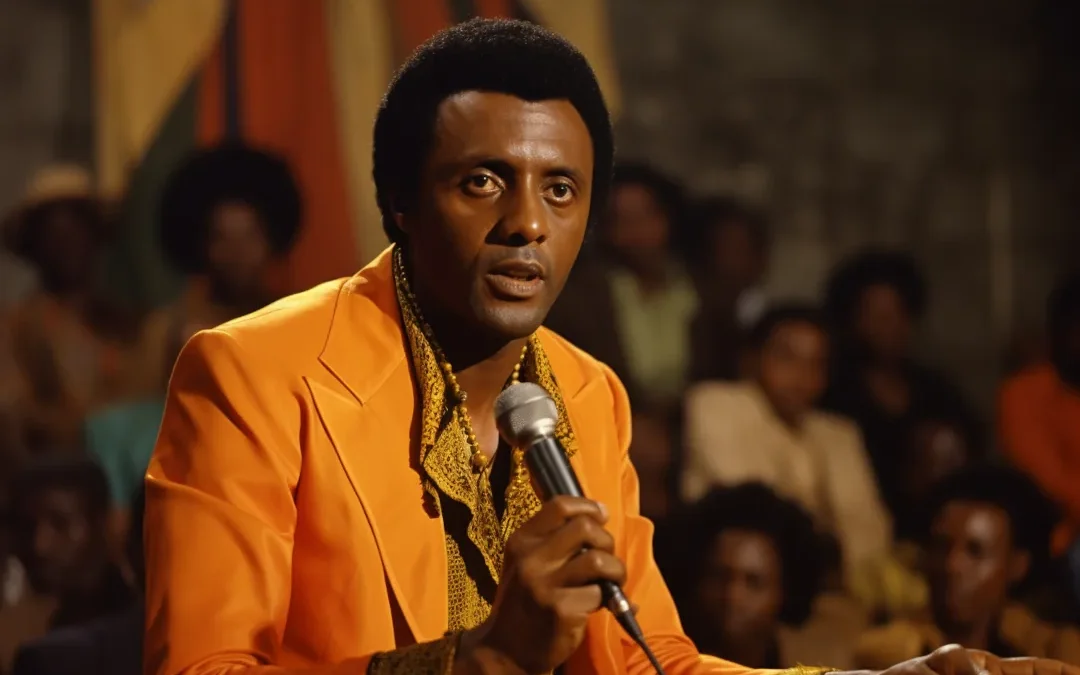The revenge story is one of the oldest tales known to man. The simplicity of the genre lends itself to action as even the Bard himself struggled to create drama around Hamlet’s quest for vengeance. Much has been written about how the fairly straightforward revenge plot in Hamlet becomes convoluted and nonsensical all for the sake of drawing out the play to sufficient length. Like many undergrads, I wrote a paper about it in college, but Tom Stoppard wrote the most famous criticism of the Danish prince with Rosencrantz and Guildenstern Are Dead.
The Northman, although ostensibly an action flick in the mold of Vikings, has more in common with Stoppard’s play than shows prioritizing the mythology, history, and the culture of ancient Scandinavians. Because the film adheres to genre conventions so well, it takes quite a while for the underlying depth to reveal itself. The Northman uses conventions to its advantage, leveraging them to examine the very problems in Hamlet that have vexed scholars for centuries.
We follow a young Scandinavian prince whose uncle murders his father, takes his mother as a bride, and rules in his stead. So far, we have Hamlet, and just in case this went over our heads, writers Robert Eggers and Sjón named the boy Amleth (they also include former Hamlet, Ethan Hawke, as the deposed king). But the uncle, Fjölnir the Brotherless (Claes Bang), has more foresight than Shakespeare’s Claudius and orders the boy killed, too. Amleth escapes and vows to return as a man to avenge his father, free his mother, and retake his crown.
Fleeing as a boy with nothing, Amleth must overcome much more than Hamlet to exact his revenge. We skip ahead to the future, where adult Amleth (Alexander Skarsgård), now a berserker, raids Russian villages for whatever kingdom he found refuge in. The prospect of revenge still consumes him, and we can only assume that he treats his experiences as a warrior as nothing but training for his greater life mission. When he discovers that his uncle lost his kingdom and lives in exile in Iceland, he infiltrates a group of slaves bound for the estate.
The Northman persistently toys with the ideas of the supernatural and fate. Vikings did something similar, always making the audience wonder whether these things exist as the realities of this world or just in the minds of its characters. Usually I detest stories involving fate because it’s annoying when things are preordained. A common trend is to make a prophecy come true but in an unexpected way, a trick as old as Oedipus Rex. The Northman inverts this formula in a way, providing us with a prophecy that could be true from multiple angles. Instead of the prophecy being true because of X rather than Y, it could be true because of X, Y, or Z. Like most of the film, a subtle tweak of conventions goes a long way.
Making the realities of this world uncertain can seem frustrating at times, but this strategy has a big climactic payoff. Scholars have often asked what Hamlet’s mother felt, what Ophelia must have felt or even, as Stoppard did, what Rosencrantz and Guildenstern felt. Shakespeare created a world that revolves around Hamlet’s unreliable perspective. Hamlet becomes so absorbed in his own schemes that he treats all other characters as a mere means to his ends. His quest for revenge seems to preempt any morals he would normally be bound to and Shakespeare does not ask the audience to question this shaky premise. The Northman directly confronts this problem, positing that evil begets evil and that revenge itself is morally problematic.




